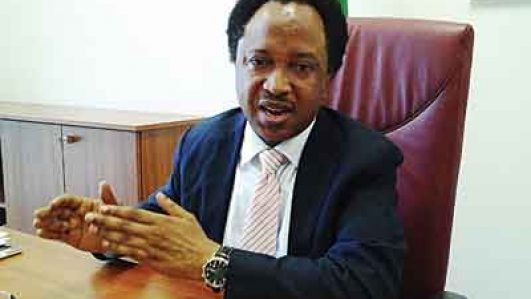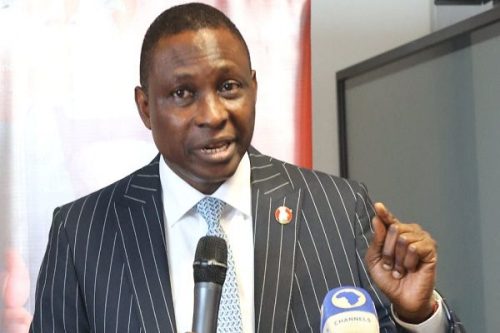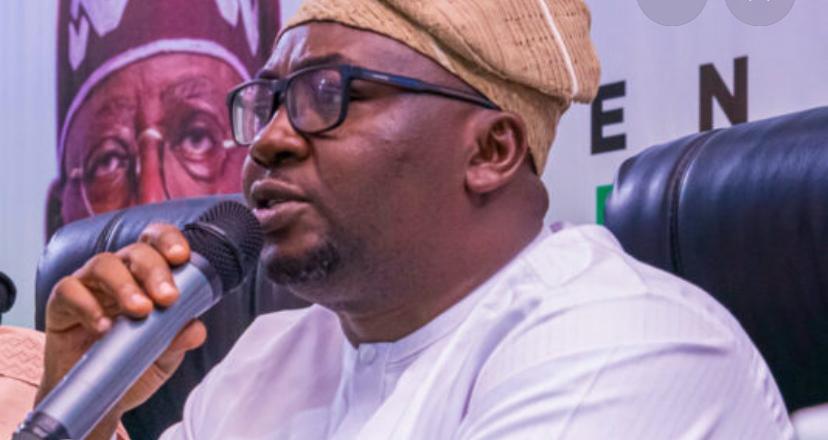NGO Bill causes ruckus

A serving senator of the ruling All Progressives Congress, Shehu Sani, has kicked against the Non-Governmental Organisation, NGO regulatory bill which is currently before the House of Representatives.
The controversial bill seeks to set up a federal agency to be known as the NGO Regulatory Commission to regulate activities of NGO’s and civil society organisations, CSOs, across the country.
In a tweet from his official twitter handle, Mr. Sani vowed that he would fight against it when it comes to the Senate.
“The bill on NGOs will reinforce those with tyrannical tendencies and further stifle rights to freedom of speech and assembly. I’ll oppose it,” he tweeted.
Many Nigerians have also criticised the bill on different platforms, while others expressed support for it.
While critics see it as a way to silence civil society groups in the country, some other Nigerians see it as a way to regulate the sector.
Chidi Odinkalu, a former chairman of the National Human Rights Commission, has launched a campaign against the bill, saying the proposed law would affect religious bodies and humanitarian agencies and organisations. He also argued that the bill was unnecessary as there were already enough laws and institutions to regulate NGOs.
A twitter user, Shuaibu Mumuni, while responding to the leader of the House of Representatives, Femi Gbajabiamila, also opposed the bill.
“When we begin to over regulate everything including the CSOs on the pretext of terror we are gradually sliding into a police state,” he tweeted from his handle, @mumunishuaibu.
Mr. Gbajabiamila had in a series of tweets tried to justify the need for the controversial bill.
“NGOs cannot be above the laws of the land. They must be regulated,” the lawmaker tweeted from his twitter handle, @femigbaja.
He asked those opposed to the bill to send their reservations to him, saying the reservations would be looked into “at the public hearing.”
Earlier, the deputy leader of the House of Representatives, Umar Jibril, who is the bill’s sponsor, had earlier defended his bill arguing that its purpose is to ensure that there is transparency and accountability in the way NGOs collect funds from donors.
Jibril also said the bill will not affect religious bodies and quasi-financial institutions.
The NGO regulatory agency, if established, would be headed by an Executive Secretary and a 17-member Governing Board to be appointed by the Nigerian President for a five-year tenure.
Its functions would, amongst others, be to issue licences to all NGOs, which would require renewing such licences every two years. If the agency’s board does not renew an organisation’s license after the two years, such organisation will cease to exist; a clause many say would make NGOs function at the will of government.
An NGO would also have to receive permission from the regulator before it executes any project and the agency would also regulate how funds received from donors are spent.
Nigerians react
In his reaction to the debate, Bolaji Odunfa, said foreign donors already do their own form of vetting before assisting NGOS.
“Foreign donors don’t dash money! They monitor how their funds are spent and get reports from NGOs they support.”
However, some Nigerians called for more transparency in the running of NGOs
“I Don’t give a ***** about NGO bill but about time those collecting billions under the guise of NGO open their books for public scrutiny,” former OPC secretary-general, Kayode Ogundamisi tweeted, a position supported by some of his followers.
Our analysis
We believe that every sensible Nigerian, from all sections of the political divide, should oppose this bill. One big reason is that NGOs have, in many cases, filled the gap that the government has created over the years by its failure to do its duty. This cannot, and should not be killed off.
On another hand, from our point of view, granting discretionary powers of supervision to a government agency to supervise NGOs, has only one goal – control. This is sinister
What is worse is that through its actions, this government has become so emboldened that it trying to muzzle civil society in such a blatant manner.
To be fair, civil society holds much of the blame. Beginning with the attempt to prevent AIT from covering the then President-Elect, Muhammadu Buhari, this government, even before it was sworn in, has impinged on civil rights in small doses. Examples abound, ranging from the assault on the compound of the Islamic Movement of Nigeria, to the assault on the residences of some judges. In all of this, much of civil society said nothing. It has emboldened the authorities, and now they are coming for civil society.
However, at this time, that is not important. We do not believe that it is wise for anyone to say that because of civil society’s abdication of its duty in keeping the government on its toes, that the government should have it’s way with this NGO bill.
Hopefully, the fight against this draconian bill will galvanize civil society. We hope it does.










